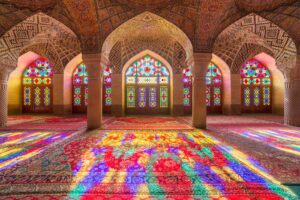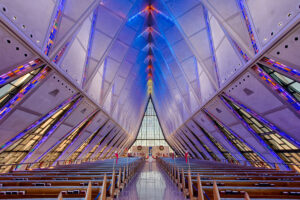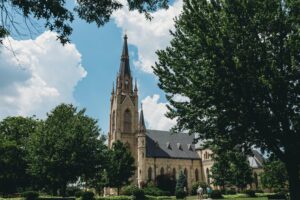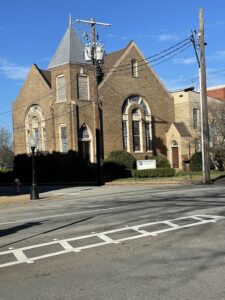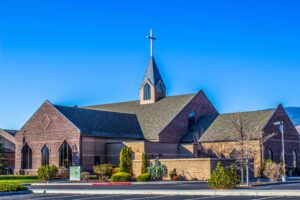
Seeking Justice: Relief Available in RLUIPA Land Use Claims
The Religious Land Use and Institutionalized Persons Act (RLUIPA) provides vital protections for religious institutions facing discriminatory or unduly burdensome land use regulations. But what happens if a religious institution believes its RLUIPA rights have been violated? What kind of relief can they seek? In this blog post, we’ll explore the various remedies available to those who successfully bring a RLUIPA land use claim.


